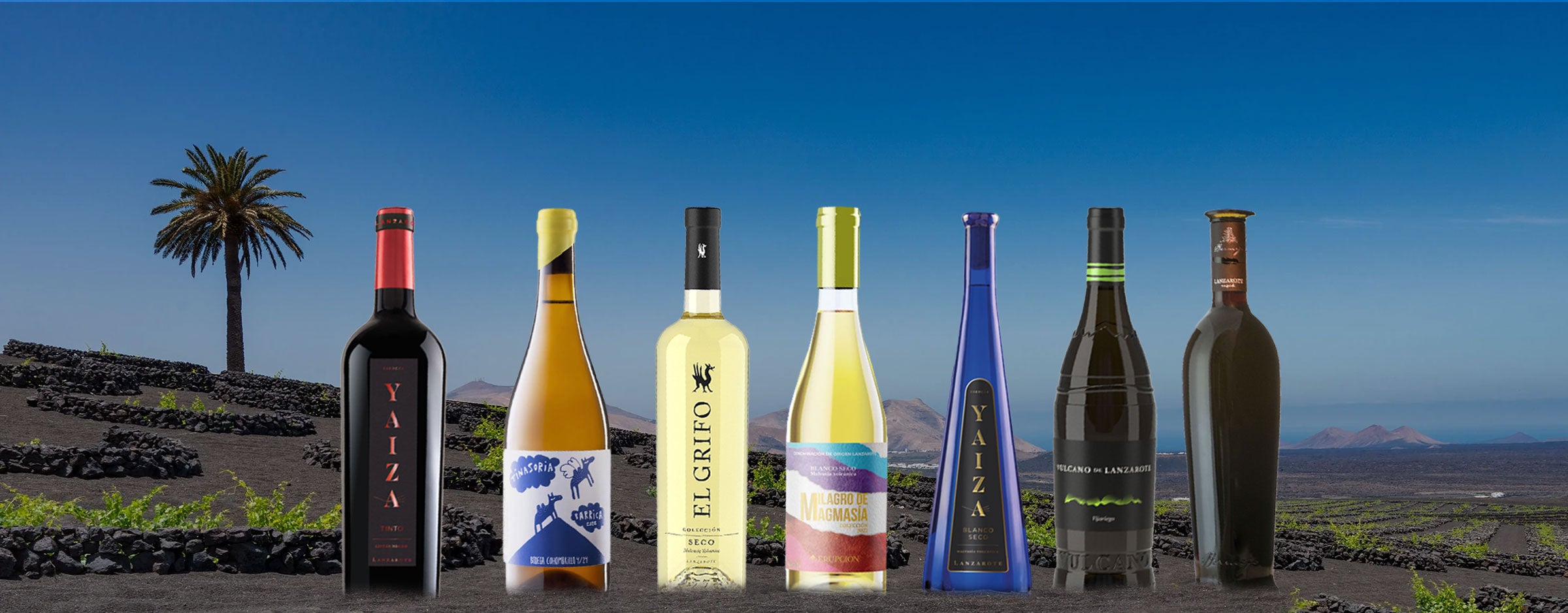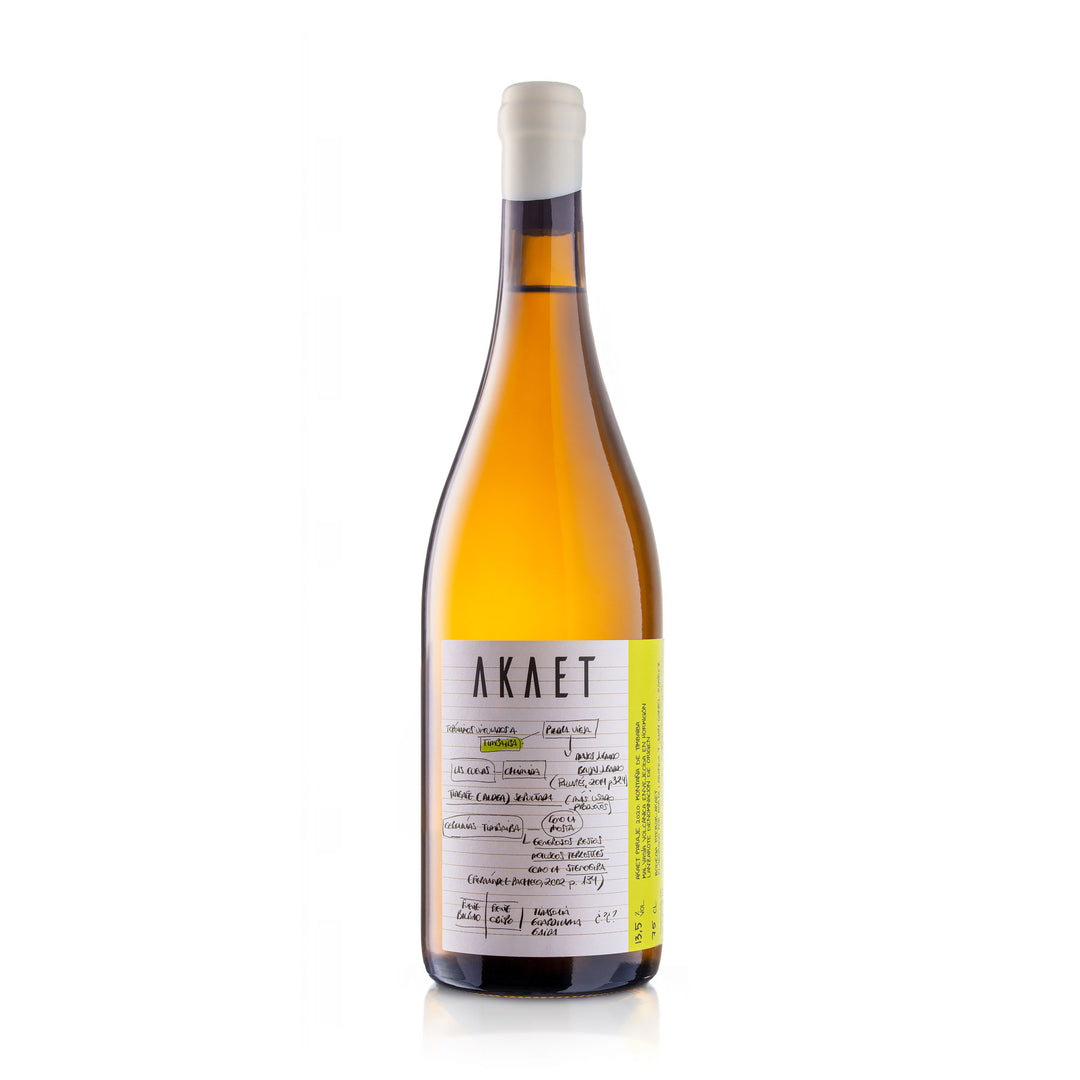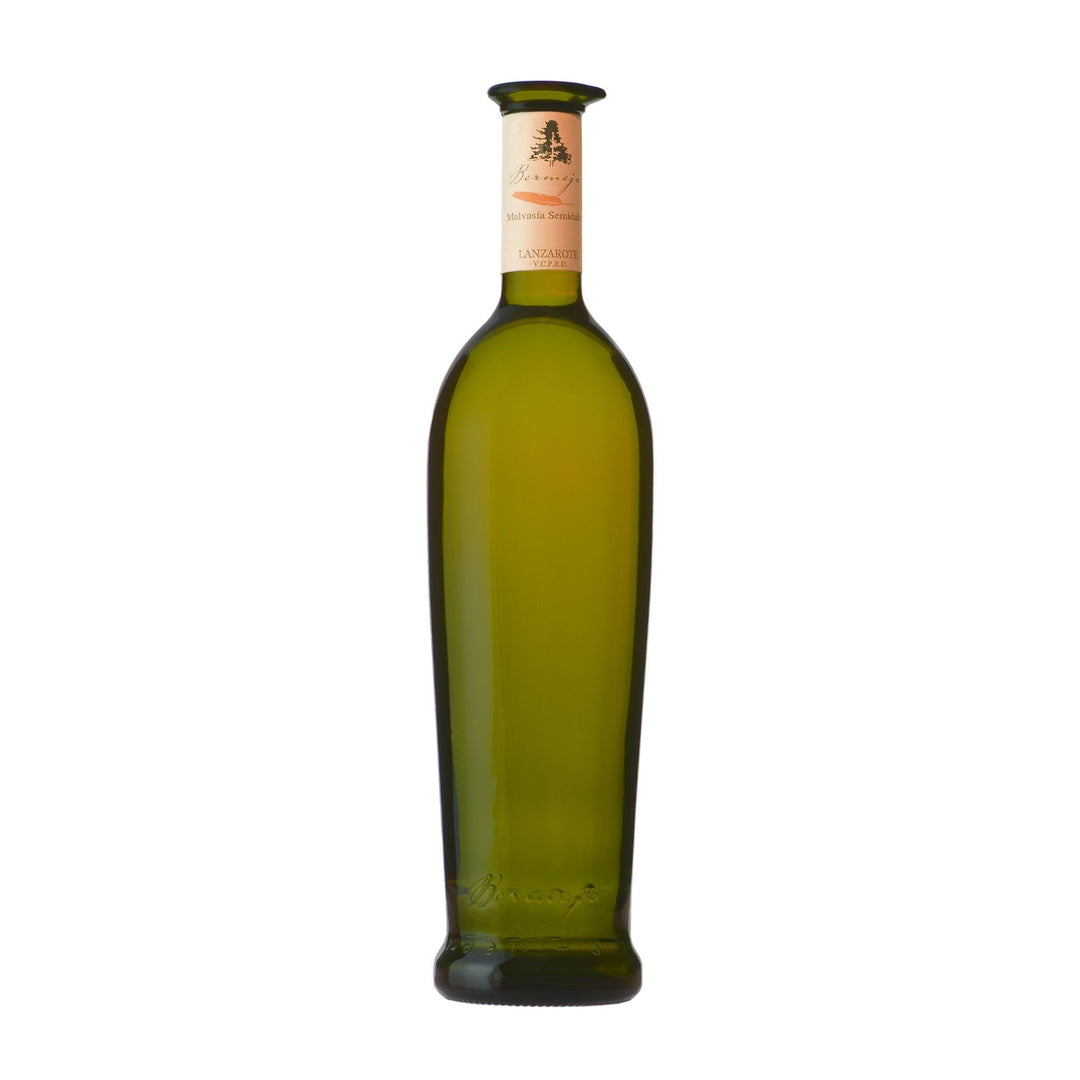Phylloxera & the Rare Untouched Islands
The original blog below was written on 15th October 2020. As of now, August 2025 their is an important update as surprisingly phylloxera has been found in two vineyards in the North of Tenerife. It is believed that the pest was unknowingly brought in by a private individual on illegally imported vines. The islands councils are now working to contain the outbreak to the affected sights.
Original Post:
This topic can be a deep rabbit warren of complexity in the wine world as we know it, so here I plan to lightly inform you as a reader of how a globally destructive pest didn’t affect us here in the Canary Islands! As many of you know, there are lots of obvious differences between Lanzarote’s vineyards and those the world over, but there’s also some remarkable differences going on out of sight, just below the layer of volcanic ash.
Firstly, what is phylloxera? It is a louse or aphid, just about visible in size, that lives on the roots and leaves of grapevines, the insect can girdle roots (ring-bark) and also create fungal infections, cutting the flow of water and nutrients to the vine.
A little step back in history… Phylloxera was introduced by accident into Europe in the 1800’s, when botanists collected specimens of American vines and brought them back. A deadly consequence began to emerge as the insect, unknown at the time, went on to rapidly destroy European vineyards. Once the cause had been identified, wineries all over Europe were digging out and ripping up old family descendant vines in an attempt to stop the spread of the insect.

Caption Century old Vines at Bodega El Grifo
By the 1900’s the French had felt the wrath of phylloxera with over 70% of their vines destroyed. Studies began on poisons, flooding, plant breading, soil types and more, which then brought the idea of grafting two grape varieties together (the root from the phylloxera resistant American species together with the European varietal).
Today, this practice of grafting is worldwide; without it there would be barely any vines and therefore wine! Though even with this practice, vineyards have to be replanted every 50 years or so as the vines tire.
Amazingly, there are just a handful of places which still to this day, are currently unaffected, such as Western Australia, Chile, Santorini, Sicily and all of the Canary Islands. Here in Lanzarote, the grape varieties arrived after the volcanic eruptions of the 1730’s and to this day are phylloxera free and are therefore un-grafted. A real rarity in the wine world! This has been aided by the volcanic soils of the Islands which isn´t favoured by the louse.
As the vines are planted here with their own rootstock, it gives the vine a much longer lifespan. It is commonplace to see vines turning the century and going on to survive well over 100 years old. This offers the relatively rare chance to drink wines produces from century old vines, and of course they are all available on our online shop.
Hopefully, we will get the chance to meet you on the Island for a Wine Tour in the future, or if not, from early December you can also join us on a personalised Virtual Wine Tour. We can chat about our wines, vineyards and more!
Best wishes from the Team here at Wine Shop Lanzarote and Wine Tours Lanzarote.
Dan Priestley











